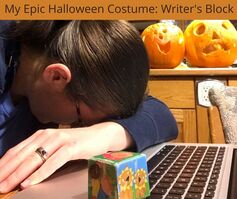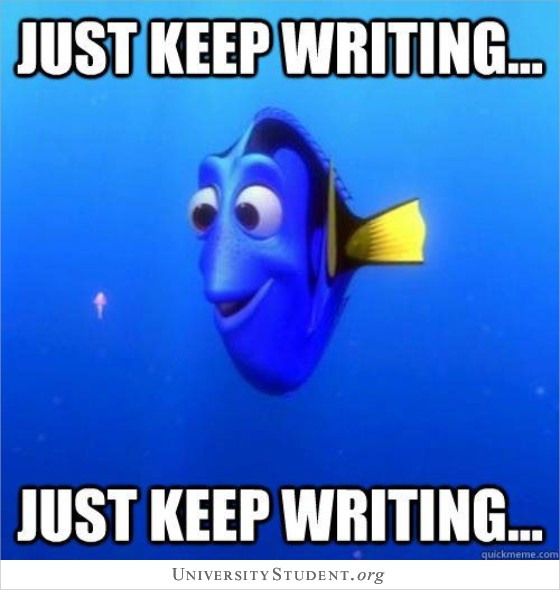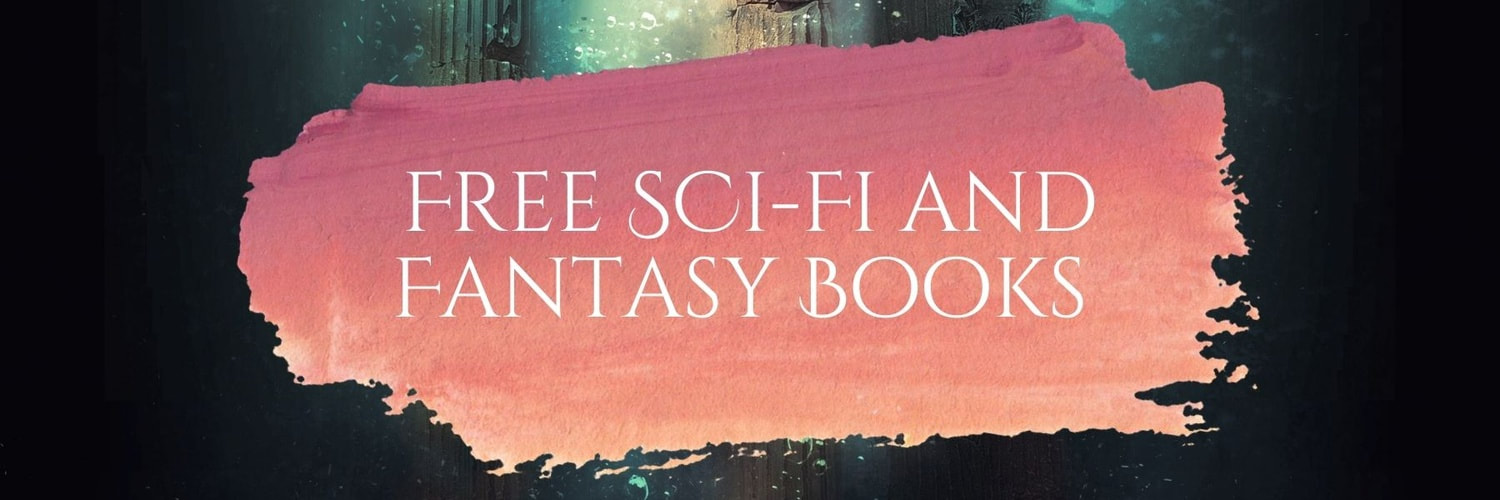 So here it is; one more blog post about Writer's Block. I've not done one before, but pretty much every writer does at some point. But hey, maybe my take on it will help your specific case. First, I'm going to go over what NOT to do, then we're going to break down the specific spots people get stuck and ways to tackle them. I did this as a presentation in 2018 and felt it was time to resurrect it. Why? Because I need to do a big edit on my current WIP and I clearly don't want to do it. I'm in Block #4... But let's get started! You've decided to write. You may about to put the first word on the page or only need one more line to finish the 200,000 word novel, but now there is no way to finish. You've been blocked. Writer's Block is (according to Cambridge English Dictionary) "the condition of being unable to create a piece of written work because something in your mind prevents you from doing it." It is, and should always be seen as, a temporary condition. And it has happened to everyone. Mark Twain, Neal Gaiman, Orson Scott Card… So it can’t be the end of the world. To get things rolling, I'm going to quickly go through things that, in my experience, do not work to get rid of Writer's Block
Now that we know what NOT to do, let's move onto what we CAN do. Let's start at the beginning of a project. These are not mutually exclusive lists, but rather a way of focusing the most likely solutions on the part you're on. You might find something in Block #1 works for Block #2. Or you might want to jump ahead to where you're at. But here's how I broke it down. Block #1: The Concept. I have no idea. You feel the urge to write but can't find an idea worth chasing down. Your muse went on holiday and didn't tell you. You are stopped before you even started. This is truly a temporary condition for anyone who thinks of themselves as a writer. You only decided to write because you DID have something to say. So you can beat this one. How to beat it:
If all else fails: Write non-fiction. (I'm kidding… kind of…But it might get things moving.) Block #2; The Beginning. I have idea, but can't get started: Especially if this is your first book/poem/whatever, the first words can be the hardest. If you've never written anything outside of English class, this is a step into the unknown. But the part that matters most is that there are words on the page soon, not necessarily that they are immediately the perfect words. How to beat it:
If all else fails: I'm the first to jump ship on something hat doesn't want to be written yet. If you've tried and tried, then it's not that project's time. Do something else. That doesn't mean don't write. It means write whatever WILL be written (go back to Block #1 if you need to for a new idea) Block #3 The middle. I have an idea, and I started it, but now I'm stuck! This is the most classic form of Writer's Block. As such, it has a few forms. Version 1: The words aren't right. Maybe you're an amazing painter, but for me, things always look better in my head. Writing is like that. The idea looks good, the words and ideas are there, but it doesn't come out right. This can hit you before you even get a word onto the page or it might be why you can't get that last line. You want it to be perfect. One line or one paragraph or one page… it has to be perfect. How to beat it:
Version 2: The story won't flow at all You don't know what's going to happen next. You've set up the situation a bit, but then everything grinds to a halt. How to beat it:
Version 3: There's just this one spot… You have one little issue. It's just a detail, but you can't get past it. How do I get my hero out of the well? Where does the money come from for her ransom? Why is there a cat on the highway? Whatever. You have a clash and you can't find a way through. I regularly drop my characters into something I don't know how to get them out of. I arrested one, stole all his things, and chained him to a wall. Actually, I've done that twice. Once, I solved it by getting his allies to help. The other time, she escaped down the sewer. I was telling my husband about the situation, and how I could get her chains off but not get her out of the cell. We broke down what the cell looked like and he asked simply; how big is the hole? It wasn't that big, but she's small and the stone is very old, and often wet. A big of work and she had an exit. Yay for solutions! How to beat it:
Lately I wrote a story that didn't flow well, and I was determined to finish it, so I dragged through. I would write until I got a little stuck, then go have my evening shower. In the shower, I would sort out the issue I'd been stopped on. The next day, I'd write that part, then go until I got stuck again and repeat. It took a good edit once it was done. I lost a horse half way through and carried around a single boot for half a book until I figured out why! But I finished it, polished it, and published it. It's Dragon's Voice! Version 4: The characters stagnate You've got the story, but the characters don't cooperate. Yes, you can argue with your characters but the better you understand them, the better you'll get along. How to beat it:
If all else fails: Skip the offending section. Write a place holder. I use 000 to show there's something I need to go back to. Then I write another part/scene. Heck, you could go to the end and work back. Block #4 Finished! But where do I start on edits? Ah, the read through. When you realize that you picked all the wrong words and you don't know how to fix it. How to beat it:
If all else fails: Pay for editing service, but its costly and you really need to know what you are getting for your money because there are scams everywhere. Some companies now offer developmental edits to publication, so understand what those are and find the right service for you. Then find the right editor. So there you have it! Hopefully, this will keep you writing for months and years to come, words flowing through your fingers onto the page. And when they don't, try something new! Maybe I'll go have that evening shower now and hope somehow my manuscript edits itself... Oh, and check below for the monthly freebies! All in one place for your convenience!
0 Comments
Your comment will be posted after it is approved.
Leave a Reply. |
D. Lambert, authorFantasy novels that entice, inspire, and entertain. Archives
May 2024
Categories |





 RSS Feed
RSS Feed